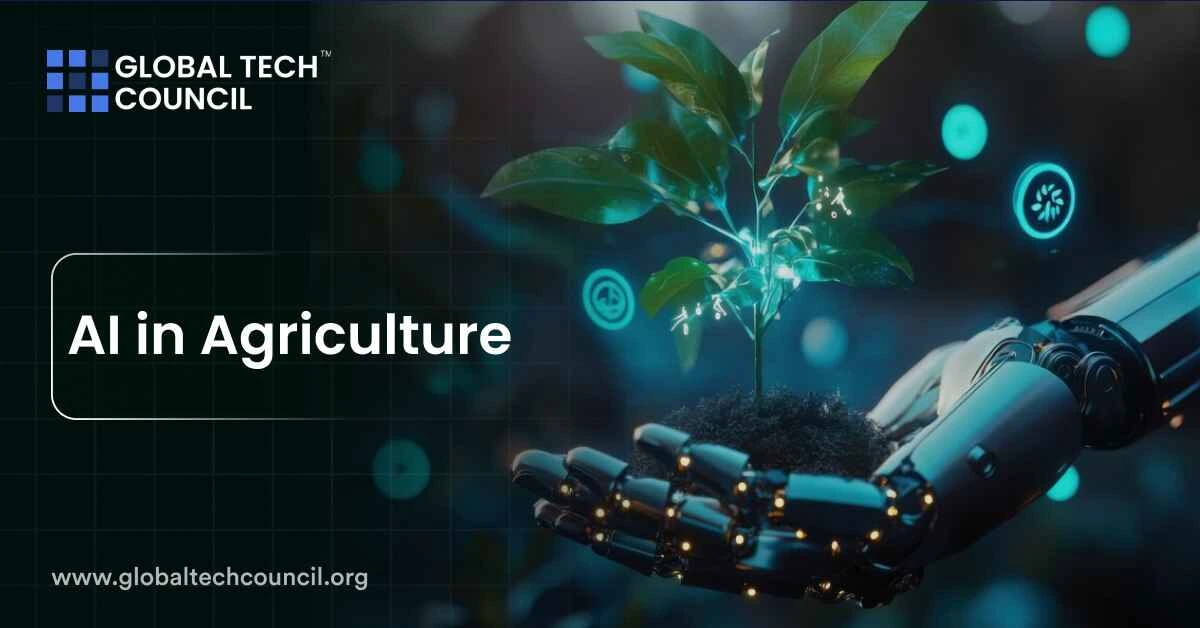
Artificial intelligence (AI) is transforming farming practices by improving how water is used and making weather tracking smarter. By analyzing vast amounts of information, AI supports better water management and quick responses to climate shifts, paving the way for eco-friendly agriculture.
Smarter Ways to Manage Water
Traditional irrigation systems often waste water, treating all crops the same even when their needs differ. AI tackles this by providing tailored strategies for watering crops effectively.
Efficient Water Use
AI tools rely on data from soil sensors, weather reports, and plant health readings to determine the perfect watering schedule. This ensures crops get only what they need, cutting waste and improving yields. For instance, AI can measure soil moisture and adjust irrigation systems automatically, conserving water while enhancing plant growth.
Solving Irrigation Issues
AI isn’t just about scheduling—it can also spot and fix problems like leaks in irrigation lines. Using advanced sensors to monitor water flow and pressure, these systems alert farmers to issues early, preventing unnecessary water loss.To know more about AI and its impact on agriculture, consider getting expert-led AI certifications by the Global Tech Council.
Monitoring Weather Patterns
Shifting weather conditions can pose challenges for farmers. Tools powered by AI offer insights that help them prepare ahead of time, reducing potential risks.
Weather Forecasting
By studying historical weather patterns and analyzing current satellite data, AI delivers precise forecasts. This helps farmers decide the best times to plant, water, or harvest, reducing losses caused by unexpected weather events.
Preventing Pest and Disease Outbreaks
AI also predicts when pests or plant diseases might emerge by examining environmental conditions. With these early warnings, farmers can protect their crops while avoiding excessive use of harmful chemicals.
Real-Life Examples of AI in Agriculture
SupPlant’s Innovative Solutions
SupPlant uses AI to integrate real-time data with farming strategies. This helps farmers adapt to climate-related challenges, improving irrigation techniques and building stronger, more productive agricultural systems.
Ulangizi: A Local Farming Guide
In Malawi, a chatbot named Ulangizi supports farmers by sharing advice in the local language, Chichewa. Developed by Opportunity International, this tool offers customized farming tips, making valuable knowledge more accessible.
Overcoming Farming Challenges
While AI provides many advantages, it does come with obstacles. Farmers often face concerns about data privacy, the high costs of advanced equipment, and the need for training to use these tools effectively. Ensuring small-scale farmers can access this technology is a key priority to avoid leaving them behind.
Final Thoughts
AI is reshaping agriculture by revolutionizing water management and helping farmers address weather-related problems. Smarter water practices and improved climate strategies make farming more sustainable and environmentally friendly. As AI technology continues to grow, its impact on solving global food challenges will only increase.